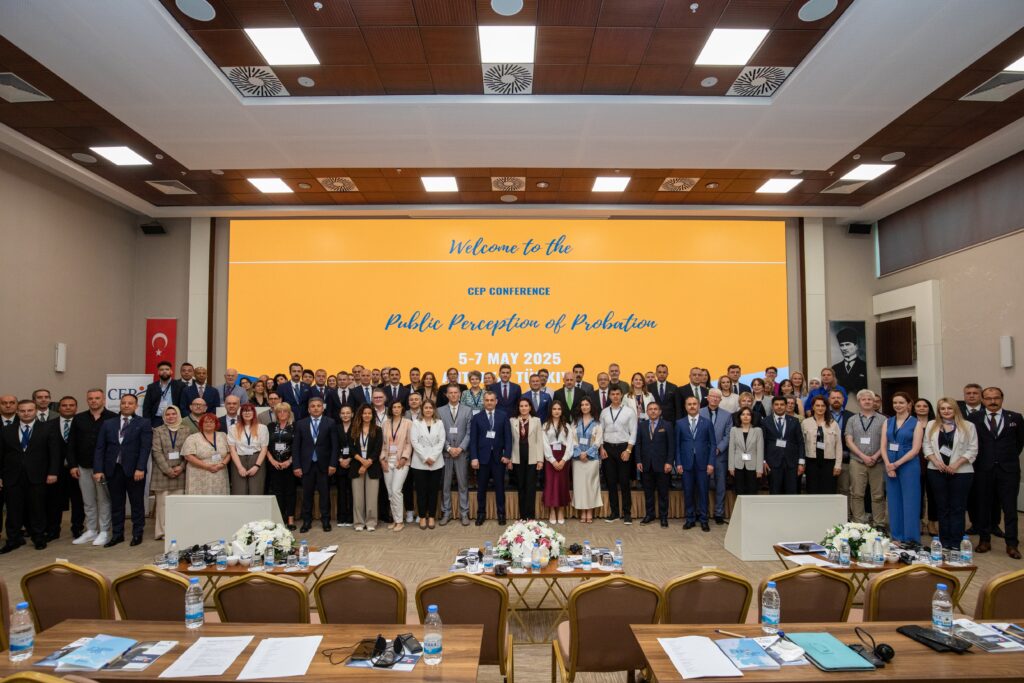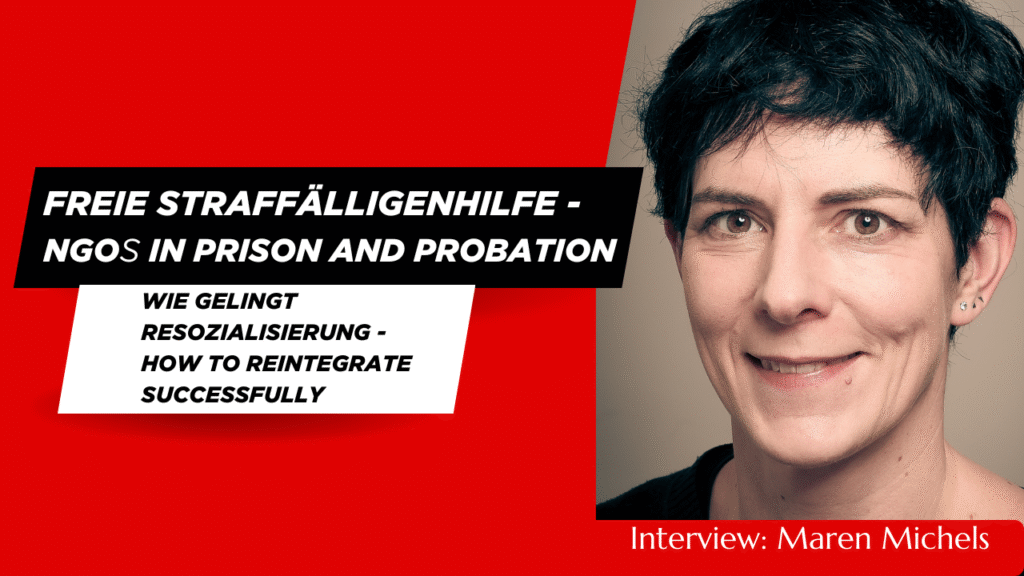Previous Article
News
A portrait of a small probation organisation: Service Central d’Assistance Sociale Luxembourg
Every probation organisation in Europe is different from the other, although most of them have a lot of similarities. There are some that are different from all the others. I’m talking about the smallest member organisations of the CEP. In this special series of articles, you can read about what makes them special, how they function, about the positives of working in a small organisation and about the difficulties that are sometimes faced. In this edition we take a look at Service Central d’Assistance Sociale Luxemburg. Probation Officer Claude Kettel tells us about the organisation.
Luxemburg, also named the Grand Duchy Luxemburg, is a small country in between Germany, France and Belgium. The probation service exists of nineteen probation officers and three secretaries. The team also includes two craftsman that take care of the offenders serving community sanctions.
The probation service is part of a bigger organisation named Service Central d’Assistance Sociale (SCAS). In this organisation all the social services in Luxemburg are gathered, for example the child protection service, probation service, victim support and the “tutorship” service for persons placed under protective measures/guardianship.
Positives
Claude Kettel describes his country as a “small village”. According to him it has a lot of positives working in a team with only a few co-workers: “In a small organisation it is possible to work with a very personal approach. Our continuous care (end-to-end) model is efficient and very thorough, considering the closeness of the relationship. This is generally a very positive aspect, but sometimes you get to close to the person, so you have to preserve your impartiality. But there are more advantages: “We are surrounded by big neighbour countries, that often make us realise how small we actually are. This leads naturally to having an open mind regarding different or new thinking and practice.”
In Luxemburg probation officers also get the opportunity to pick up many different tasks. Claude Kettel is for example in charge of electronic monitoring, prison treatment groups/meetings, pardon commissions and financial aid to released prisoner. “When you work in a small team like ours, you have to be very flexible.”
Challenges
Working for the Luxemburg Probation Service also comes with some challenges. One of these challenges for Claude Kettel is building up a network of volunteers. “The public often tends to be not so open-minded and even avoidant when it comes to ex-detainees. We need to see if this model can be used in Luxemburg.”
The population of Luxemburg is getting more diverse and multicultural through the years, according to Claude Kettel this unfortunately also results in a high rate of foreign prisoners in Luxemburg. “This is not an easy challenge. The reintegration of some of these offenders tends to be very difficult here.”
Differences
Although the probation officers in Luxemburg do work that is very comparable to the work of probation officers in other countries, there are also many differences. “Some topics, like radicalisation, are not an issue for Luxemburg. It does not mean that those subjects do not attract our interest, but I have to admit that it certainly has not got as much attention as in other countries, like France or Germany.”
Luxemburg is too small to have training facilities for probation officers, which is, according to Claude Kettel, not a bad difference. “The lack of such programmes had the advantage that we were forced to reach out to other countries and participate in their training programmes, which had the positive effect that we got wider perspectives, and insight in different national systems.”
Another important difference between the Luxemburg Probation Service and bigger organisations is the fact that they have been rather free to develop their own internal organisational structure. “Big countries have ministerial divisions in charge of the theoretical and practical organisation of the work, we had to develop most of our methodology by ourselves. This was only done in agreement with our hierarchic chief, the Delegate of the Prosecutor General.”

Related News
Keep up to date with the latest developments, stories, and updates on probation from across Europe and beyond. Find relevant news and insights shaping the field today.
Recap

CEP Events, Communication and Awareness-Raising
Recap: Conference on Public Perception of Probation
06/05/2025
From 6 to 7 May, the CEP Conference on the Public Perception of Probation in Europe took place in Antalya, Türkiye, bringing together over 100 participants from more than 20 countries. The event offered space for open discussion, exchange of experiences, and practical ideas on how probation is seen and supported across Europe.
New

Probation in Europe
New Interview Online with Felix Gerike, a survivor of a knife attack
01/05/2025
What do victims of violent crime need to recover—and what can be done to prevent such attacks?
In the latest episode of Division_Y, Jo Tein, CEP board member, speaks with Felix Gerike, a survivor of the 2023 Brokstedt knife attack in Germany. Felix played a crucial role in disarming the attacker, helping to prevent further harm. He shares his personal experience, reflections on victim support, and his views on justice and policy responses to violent crime.
Probation in Europe
New Executive Summaries for the report on Building Probation Capacity in Spanish and Italian
01/05/2025
Updated

CEP Board, Probation in Europe
New Interview Online: Maren Michels – The Role of NGOs in Probation
22/04/2025
In the newest Division_Y interview, Maren Michels, director of the Hamburg Welfare Association, shares her experiences and reflects on the vital role that NGOs play in supporting people during and after incarceration.
New

CEP Events
Want to Win a CEP Award? See How Finland Did It – Apply for 2025!
22/04/2025
We’re excited to share an exclusive interview with the winners of the Development of National Probation Services Award from the CEP Awards 2022:
The Prison and Probation Service of Finland.
New

Volunteers
International Day for Community Volunteers
17/04/2025
17 April – International Day for Community Volunteers!
Today, we celebrate the inaugural International Day for Community Volunteers Supporting Offender Reintegration—a day dedicated to acknowledging the vital contributions of volunteers who assist individuals in their journey back into society.
This initiative was launched during the 2nd World Congress for Community Volunteers, held alongside the 6th World Congress on Parole and Probation in The Hague (16–18 April 2024).
At CEP, we’re proud to support the official Declaration on the International Day for Community Volunteers. We’re also actively involved in the CoPPer project—a European initiative aimed at promoting community participation in probation services. CoPPer focuses on training volunteers to support individuals under supervision, helping them access education, employment, and community connections.
A heartfelt thank you to all the community volunteers out there—your dedication makes a real difference.
Subscribe to our bi-monthly email newsletter!
"*" indicates required fields
- Keep up to date with important probation developments and insights.

